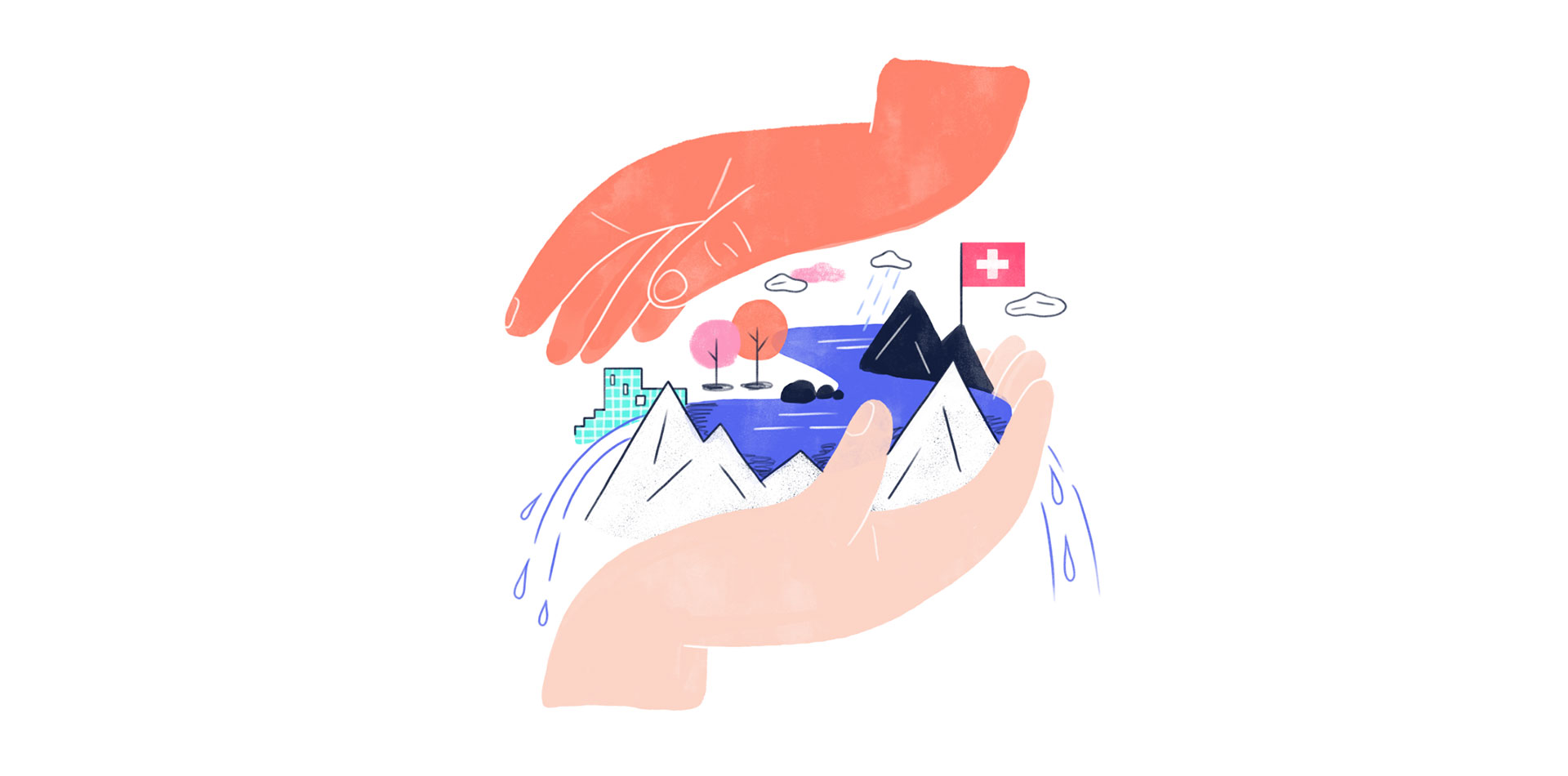
Rethinking the water system
Working together to develop ideas, build networks and tackle implementation
Our goal with "Focus Water" was to provide you with an overview of the political framework, challenges, but also opportunities surrounding water. During our research, we had to realise: That's easier said than done because, as is often the case, it's "complicated". Martina Munz, National Councillor and President of Aqua Viva, and Salome Steiner, Executive Director of Aqua Viva, explain in our interview what is already making political progress (keyword: Waters Protection Act), where more can be accomplished (keyword: control) and what you can do to protect our water.
Ms Munz, how can and must Swiss politics protect water?
Martina Munz: Water is life. From Aqua Viva’s standpoint, there are three essential points: First, we must treat water with more care as a resource, i.e. save water wherever possible. Secondly, pesticides and nitrogen must not be allowed to enter and contaminate our waters. Thirdly, we must protect the water habitat, i.e. the groundwater, our rivers, lakes and springs. After all, only intact, living waters can perform their functions in nature, which makes them the basis of our existence.
How can policymakers ensure that Switzerland will continue to have enough drinking water in the future?
Martina Munz: Approximately 80 per cent of drinking water in Switzerland comes from groundwater. However, this is becoming increasingly contaminated by pesticides and nutrients from agriculture. Back in 2019, the Swiss Federal Office for the Environment warned that high-quality drinking water can no longer be taken for granted. The accumulation of pesticides and active substances in the groundwater harms us humans. Stricter regulations and effective controls are therefore necessary to protect our drinking water. There must not be a second case of chlorothalonil.
“Only intact, living waters can perform their functions in nature, which makes them the basis of our existence.”
Martina Munz
National Councillor and President of Aqua Viva, Photo: Martina Munz (zVg)
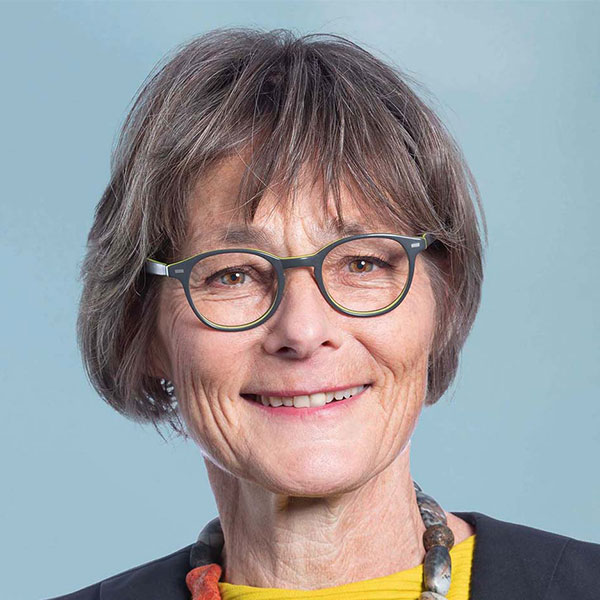
How can they protect water bodies and consequently also flora and fauna from detrimental environmental influences?
Salome Steiner: Over 80 per cent of all known animal species exist in water bodies and in riparian and floodplain habitats. In addition, semi-natural riparian areas act as a buffer zone and prevent pesticides and nutrients from surrounding areas from entering our water bodies. Since 1850, however, over 90 per cent of the floodplain areas have disappeared. A number of watercourses have been straightened, blocked or dammed. In order to protect biodiversity and preserve vital water functions for us humans, we must restore our rivers, streams and lakes to a semi-natural state and provide them with the necessary space to do so.
Which key pieces of legislation are already in place, which ones must be introduced, and which ones are in the pipeline?
Salome Steiner: We have a Waters Protection Act in Switzerland, the implementation of which would achieve a great deal for our waters and the animals and plants living in them. The legal deadlines are unfortunately not observed and the requirements have been diluted again and again. We must ultimately move forward here, just as we must with the revitalisation of water bodies. In addition, we need greater protection of Switzerland’s last untouched aquatic gems. Less than 5 per cent of the Swiss water network is considered fully intact today. Aqua Viva fights to preserve them and to revitalise compromised bodies of water.
What projects do we need, what could Swiss changemakers do specifically to protect water in Switzerland and to make Switzerland sustainable, particularly in the area of water?
Salome Steiner: A number of Swiss watercourses are now straightened, fragmented by weirs and sills, or severely impeded. One of our most important tasks should be to renaturalise these waters. If founders and companies get on board alongside private individuals, we will achieve much more. This makes it crucial to develop ideas, establish networks and address politics and administration and jointly tackle implementation.
Smart solutions can also play a role in protecting Switzerland’s waters. An app, for example, makes it possible to guide visitors in order to protect water birds and fish during the breeding season, for example.
Thank you for the conversation!
"It is important to develop ideas, build networks, engage with politics and administration, and collectively address implementation."
Salome Steiner
Managing Director of Aqua Viva, Photo: Salome Steiner (© Rico Zumbrunnen)
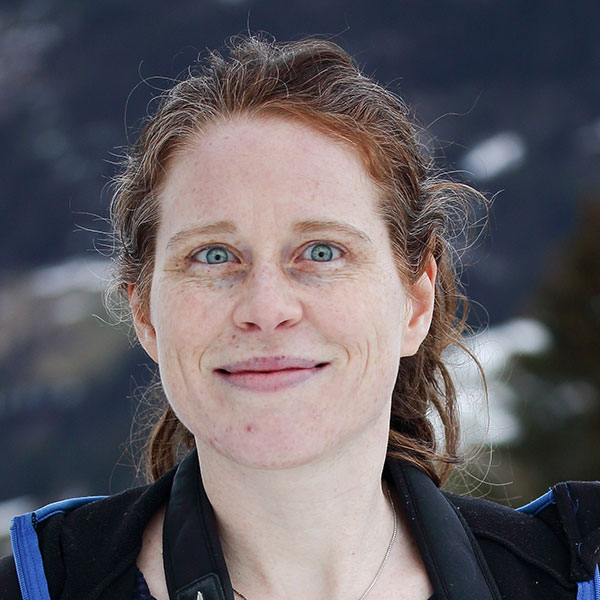
Tipps
Brave Blue World: Racing to Solve Our Water Crisis
Tune inYour personal water footprint
Calculate nowMore about Swiss water policy
Dive inWhat you can expect in the coming weeks
Next Update
Want to keep reading?
“Wastewater is the most reliable source of water in the city.”
Interview with Bastian Etter, Managing Director of Vuna GmbH, about the potential of decentralised wastewater treatment and which solutions already exist.
Read more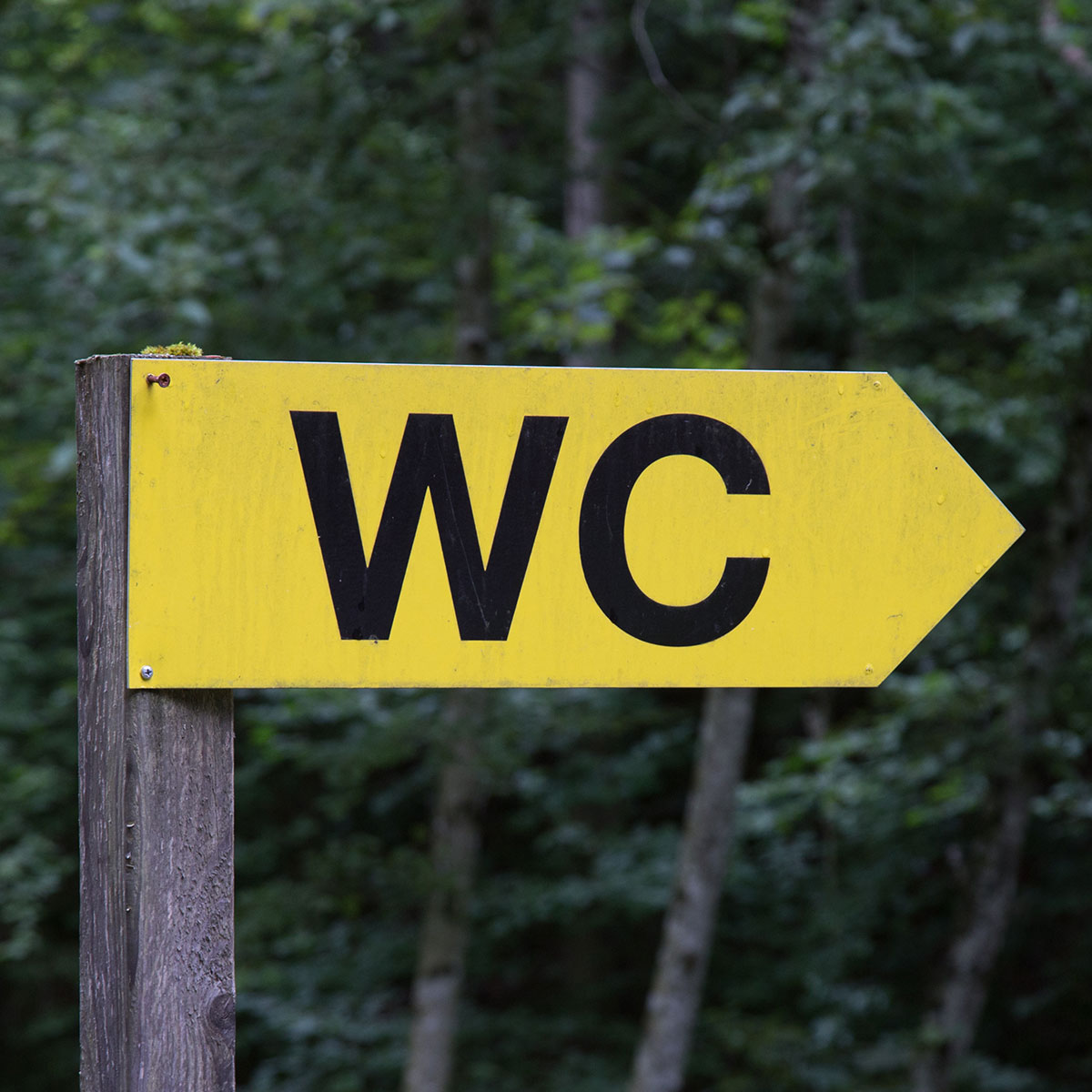
«You have to work together to design the best solutions».
We asked VaLoo Managing Director Louise Carpentier why the time is ripe for change when it comes to establishing a circular sanitation system in Switzerland.
Read more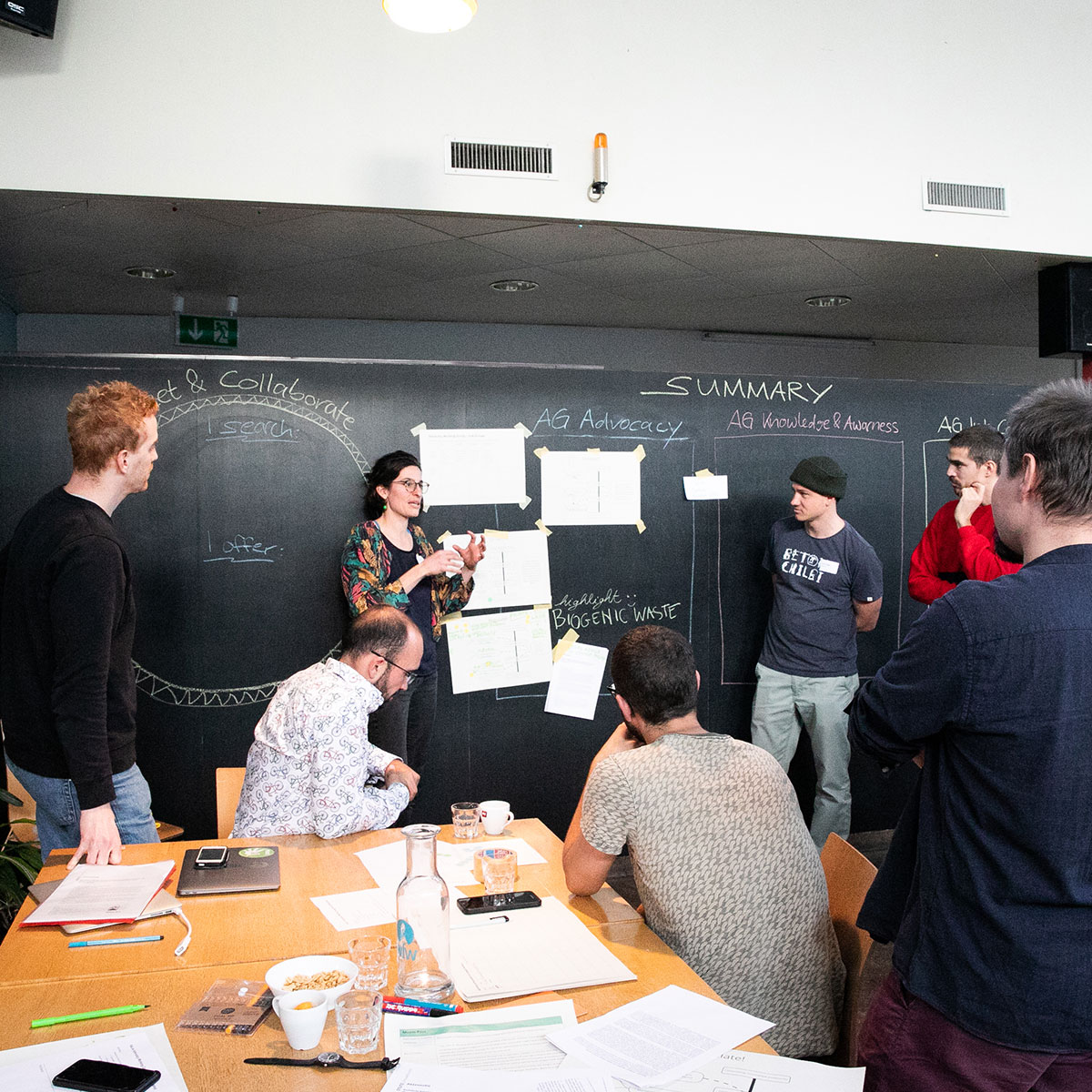
"Purely plant-based cuisine is a powerful game changer.”
Interview with Sophia Hoffmann, vegan chef, book author and co-founder of Happa restaurant in Berlin, about how the menu changes when you factor in water consumption and what it takes to reap the rewards of sustainability.
Read more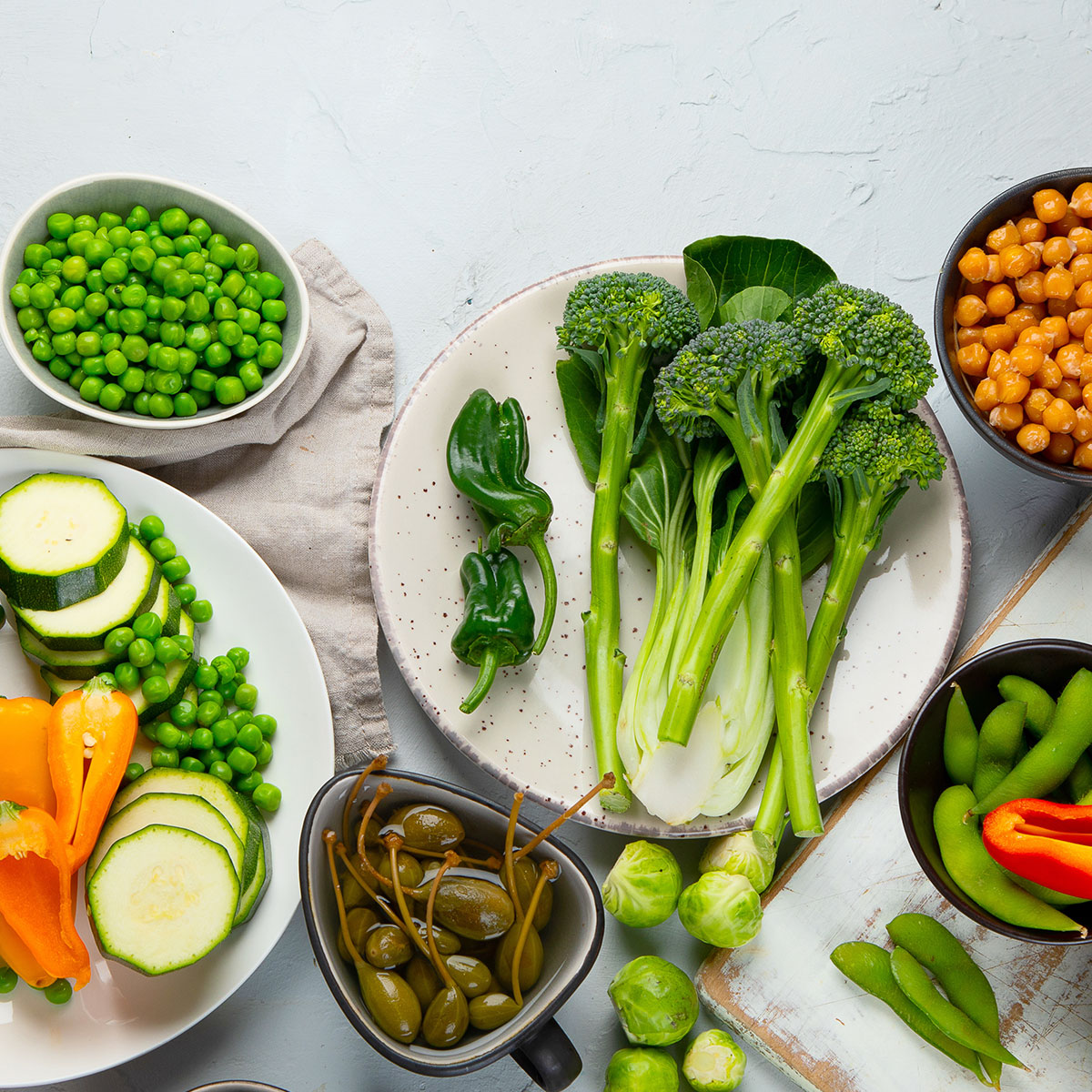
The world is what it eats.
Our nutrition, climate change and how we use water are all connected. And we, as in the wealthier industrialised nations, must pave the way and find a way to adopt a climate-friendly diet. It should be a win-win situation for all of us, without compromising quality of life. An interview with Science Journalist and Author Mathias Plüss.
Read more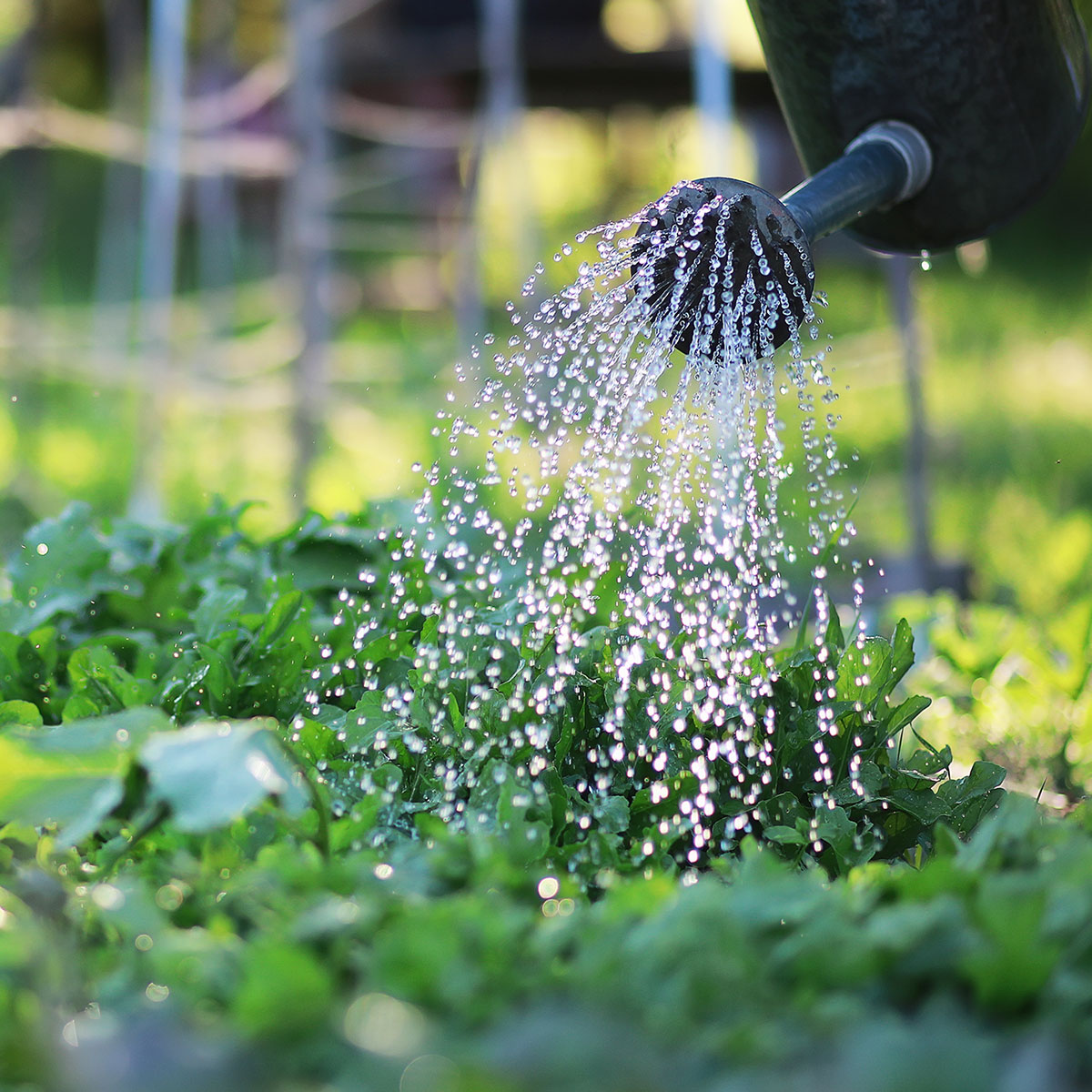
Today's idea, tomorrow's impact: From 0 to 100 Coaching!
You have it. A transformative idea, the solution to our water issues. Perhaps. Are you not quite sure? Then apply now for From 0 to 100 coaching, which will take you and your idea to the next level.
Read more
Water in (climate) change: Approaches for a more sustainable use of water
Flooded stretches of land, villages and cities on the one hand, dried-up fields and rivers on the other. With the effects of climate change, the water cycle is becoming increasingly unbalanced. What to do?
Read more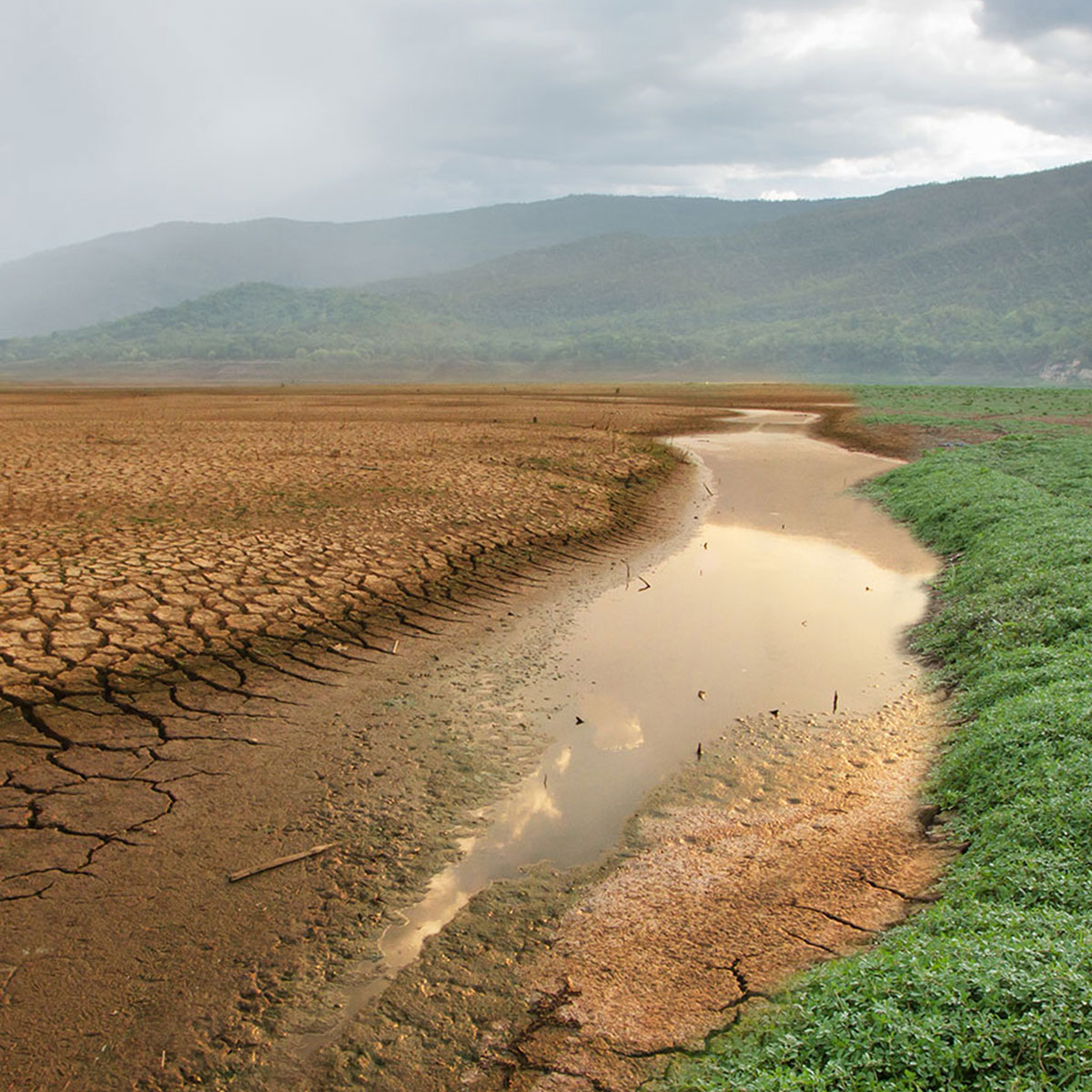
«We need to see feasible courses of action for us.»
An interview with Lea Dohm, psychotherapist and Psychologists4Future co-founder about the challenges of the climate crisis and how we can get into action.
Read more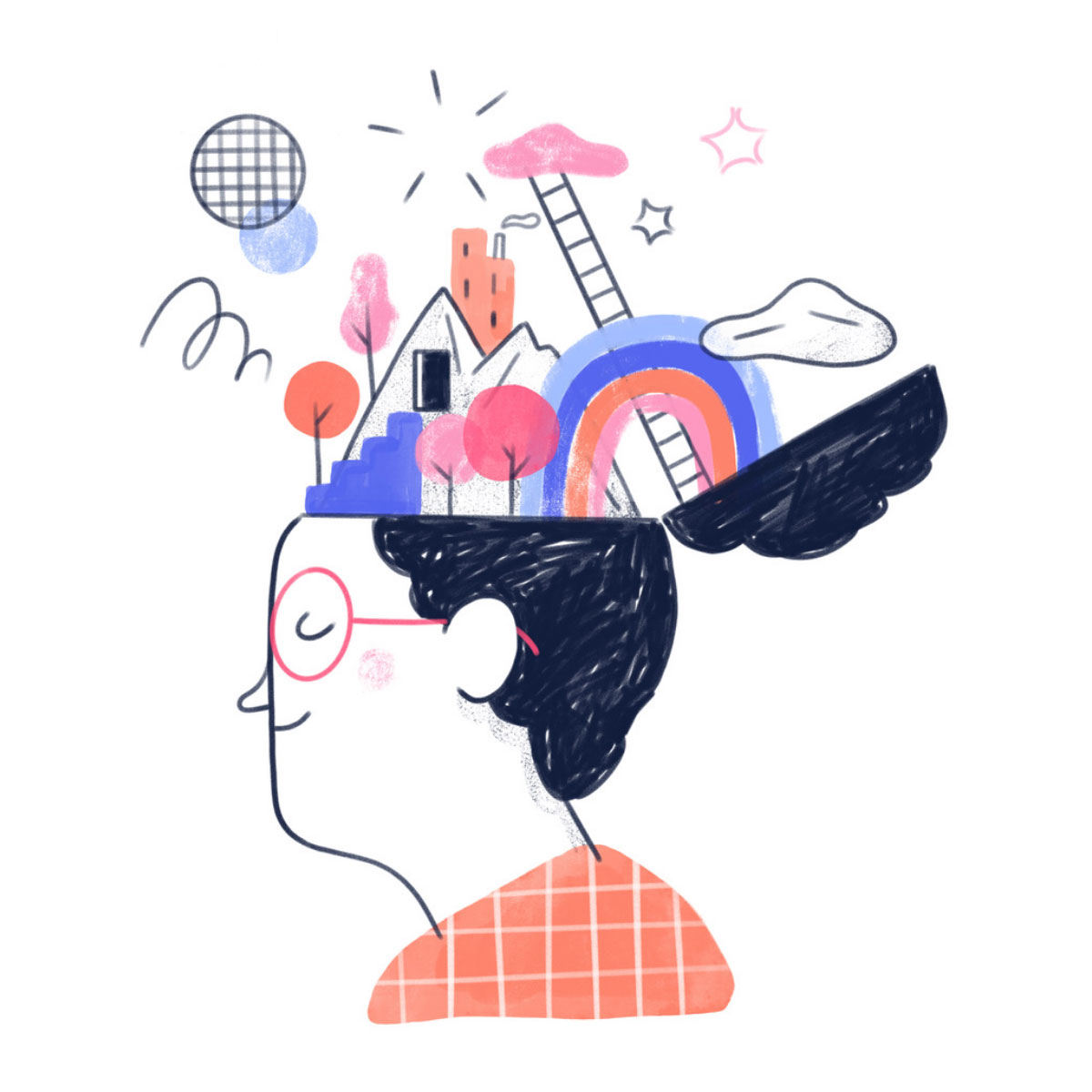
«Water is a flow, not a store.»
Tobias Schäfer, Water Protection Officer at WWF Germany talks to us about the water situation in Switzerland and Germany, about water as a circular economy par excellence and new approaches.
Read more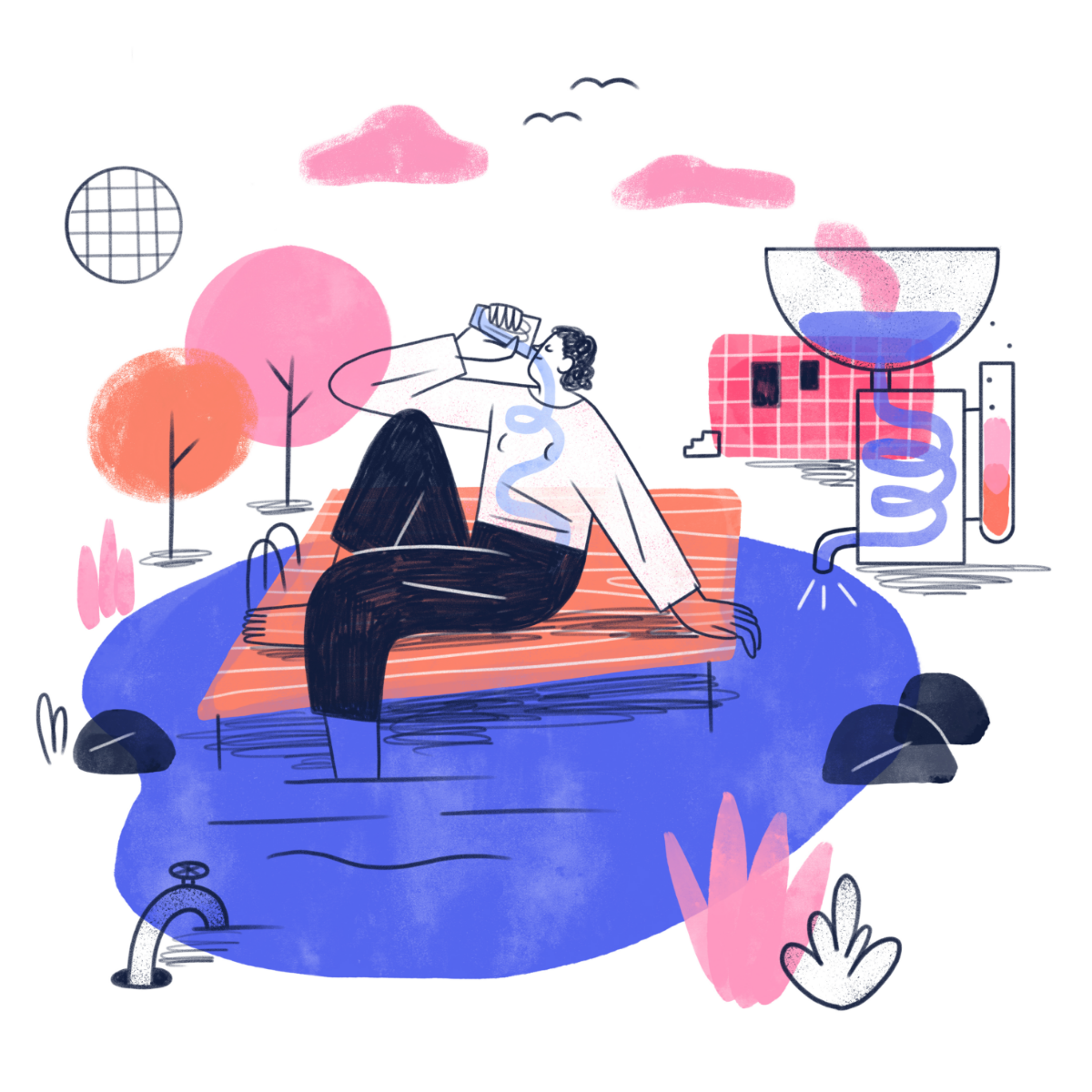
 Check out the manual
Check out the manual Try out the toolbox
Try out the toolbox Discover the water mission
Discover the water mission Get to know the Migros Pioneer Fund
Get to know the Migros Pioneer Fund